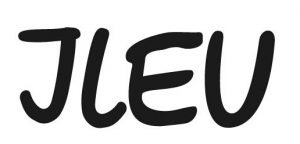Interviewing
Research interview is a conversation involving an interviewer, who coordinates the process of the conversation and asks questions, and an interviewee, who answers the questions. Interviews are most effective for qualitative research. In an unstructured interview, the interviewer has no specific guidelines, restrictions, predetermined questions, or list of option. The interviewer asks a few broad questions to engage the respondent in an open, informal, and spontaneous discussion. The interviewer also probes with further questions and/or explores inconsistencies to gather more in-depth information on the topic. Unstructured interviews are particularly useful for getting the stories behind respondents’ experiences or when there is little information about a topic.
Pedagogical Information
The phase before starting interviews is most important for the new researchers to learn how and why to conduct the interviews.European Dimension
Contributing bits of culture to common European intangible and tangible urban heritage. Better understanding the European cultural code.
Applied in projects
Personal TownTours - Slovenian Version
In the framework of the »Personal Town Tours«, a European Grundtvig Programme project (2012 – 2014), seven older students from Slovenian Third Age University gained knowledge and learned methods for exploring and then introducing their town. Under the mentorship of an architect they decided on three thematic itineraries thus validating their already gained knowledge of architecture and urbanism.



